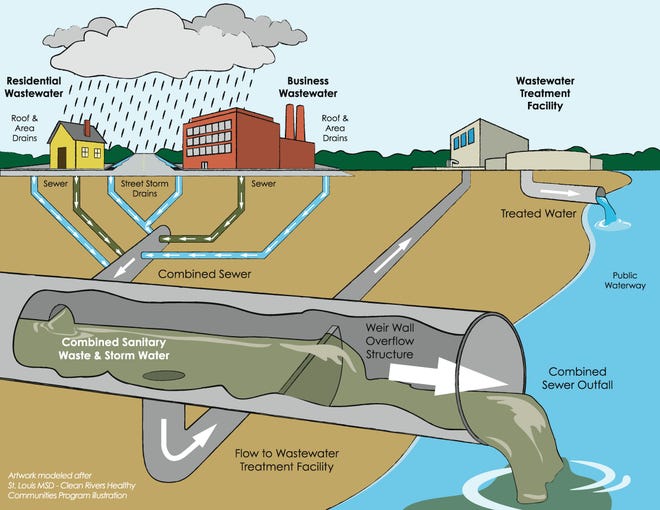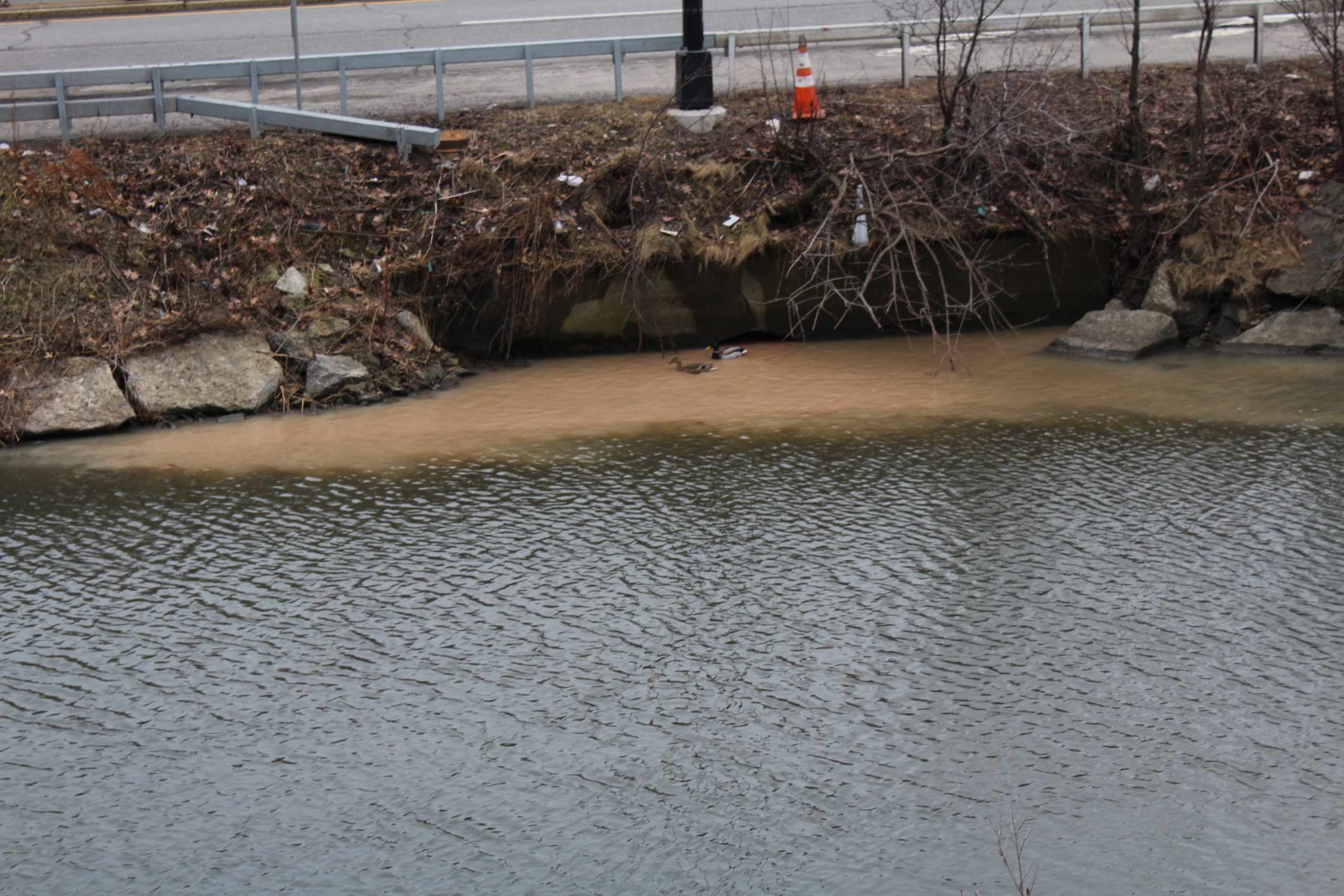In many older cities, rain running into street drains and sewage from homes and businesses enter shared pipes underground. These pipes have an overflow opening into local rivers and streams to prevent waste from backing up into basements during heavy rain events. This is called a combined sewer system. During rain events, our combined sewer systems leads to combined sewer overflows.
What is a Combined Sewer Overflow?
A combined sewer overflow (CSO) is when untreated wastewater enters our waterways during a rain event. In order to prevent flooding and water backup into homes during heavy rains, our combined sewer system collects waste water until it’s at capacity and then sends the overflow through outfall pipes into the rivers.


CSOs bring untreated wastewater into our waterways, resulting in flooding, erosion and pollution. This increases the amount of harmful bacteria in the water, often making it unsafe to swim. To help reduce these overflow events, consider taking these actions!
- Use pavers instead of asphalt or concrete
- Collect rainwater in a rain barrel
- Disconnect downspouts from the sewer line
- Install a rain garden
Register for notifications sign up to receive sewage discharge notifications. Sign up to receive sewage spill notifications directly to your phone, email or via text message by signing up for NY-Alert.
Conserving water during rain events helps the Buffalo Sewer system immensely. Ways to do so include waiting to shower, do dishes, flush toilets, wash laundry, etc. until after the rain has ended. Also never wash or flush the following items:
- Motor oil
- Cooking oil
- Paint
- Pharmaceuticals
- Syringes
- Personal hygiene products
LEARN MORE



